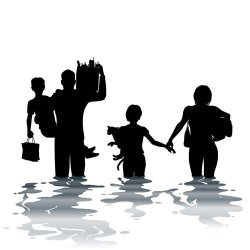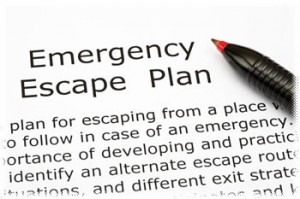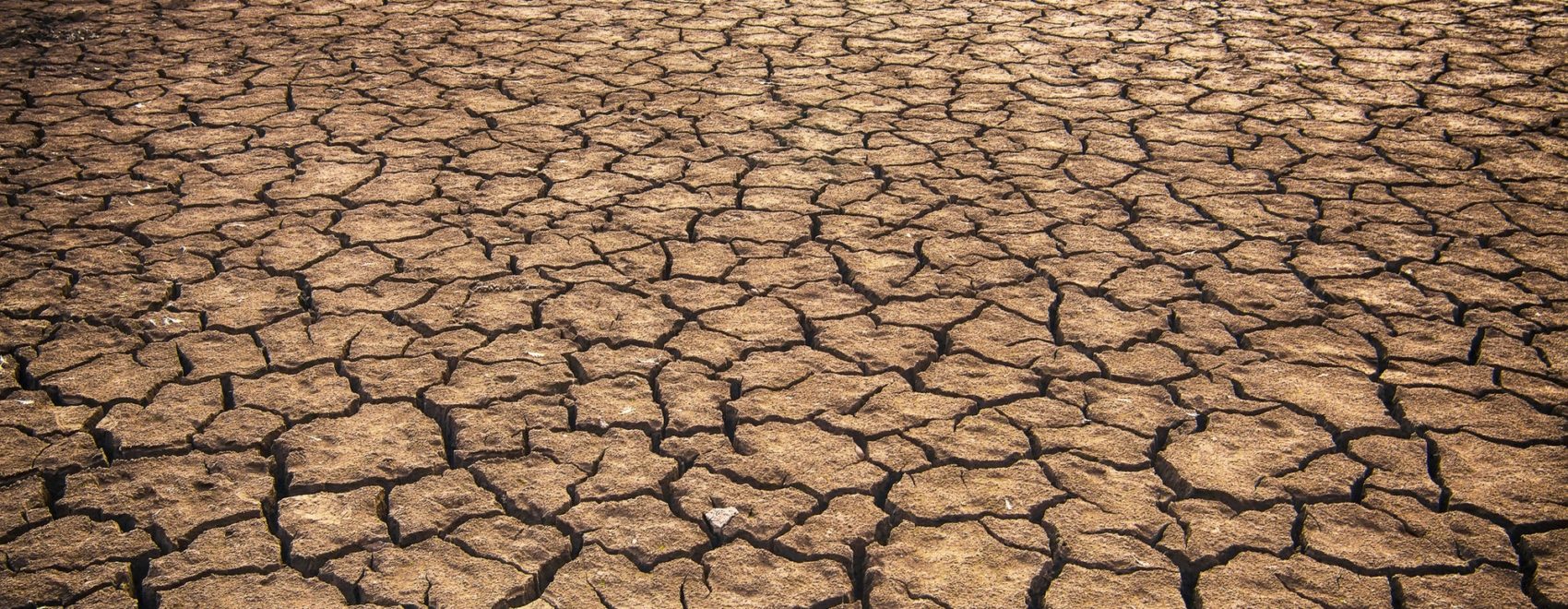Potential Disasters and How to Prepare for Disasters
There are many potential natural disasters and many ways to prepare for disasters like: flood, fire, earthquake, volcanic eruption, hurricane, meteor strike, to name a few. In the last fifty years or so, we human beings have added or increased the potential for quite a few more disasters – pandemic, nuclear holocaust, EMP (electromagnetic pulse), dirty bomb (nuclear radiation), peak oil collapse, and financial/economic crash.
The list is long, and getting longer. People who are involved with survivalist/prepper activity believe that some kind of major disaster is likely during their lives, which is why they are preparing for disasters. It’s an obvious fundamental belief, otherwise why bother taking the time to prepare for disasters by stocking up on basic supplies?

On the other hand, the responses to a possible major disaster are all over the map, literally and figuratively. From having a simple survival kit like a Bug Out Bag (BOB), similar to those recommended by the Red Cross, to an elaborately planned survival location, a BOL (Bug Out Location) with multi-year supplies and self-defense facilities, survivalists find their own level of preparation when they prepare for disasters.
Still, a belief in preparing for catastrophes isn’t the only common factor among survivalists. There are other beliefs, which are likely to be common assumptions and goals which are useful to acknowledge and understand. Here are some to think about.
Common Assumptions About How to Prepare for Disasters
Whatever the event, it is life threatening for many people, including yourself and your family. This is pretty obvious, even though not every major disaster, such as a breakdown in the world financial system, will result in (immediate) massive loss of life.
However, most major disasters are conspicuously lethal, and the most powerful motivation behind survivalist thinking is the threat of death and the attempt to survive.
Most disasters happen quickly, in fact, often with little or no warning, which means you have to be prepared ahead of time. This is the cornerstone of survivalist – prepper (“preparation”) thinking. Almost by definition, a major disaster of almost every kind will catch people by surprise.

The point is to already be in a position to react – safe harbor, survival supplies, medical necessities and all the other things that can be acquired, stockpiled and organized – ready for an event. This preparation doesn’t guarantee survival, but obviously, it can improve the odds.
“Normal life” – work, the economy, energy supply, communications, transportation, and many other aspects of modern living – are likely to be disrupted. Explicit in most survivalist scenarios is a breakdown in most, if not all, normal social and economic order.
Whether it’s full-on chaos (TEOTWAWKI, the end of the world as we know it) or a temporary disruption of some services, survival may mean having alternatives to what becomes suddenly missing or in short supply.
The best and the worst of human nature are likely to appear in a major disaster. Some survivalists emphasize the worst behavior and accordingly plan defensive responses up to and through military-level preparation.
Others are inclined to emphasize the communal or ‘help thy neighbor’ aspect of behavior. Either way, the assumption is that a major disaster puts human nature to the test.
Prepare for disasters
Preparing for disasters doesn’t guarantee survival. Survivalists know this. Whether consciously or not, they compensate by setting goals. If the goals are achieved, survival is more likely. Some of these goals are general enough that most survivalists believe in them.
Adjust to the location. Response to a major disaster is like the prime factor in real estate – location, location, location. Many, if not most, major disasters are location dependent. How close you are determines how much of a response is necessary.
Take, for example, a dirty bomb exploding in a big city. If that city is far away and down wind, it may have no impact on you. The threat, if any, will come from some other source, a collapsing economy perhaps.
Be ready for a variety of emergencies. Even a short list of potential major disasters should convince people that complete preparation for every one of them is impossible. The goal is to be ready for as many of them as you can (given limits of time, money, expertise and materials).
Be able to sustain survival for… fill in the blank, depending on the type of emergency, the amount of preparation possible, and such limitations as time and money. Many natural disasters are survivable if you can make it through a week or two. Human disasters on the other hand can go on for months or even years.
Be mentally prepared for disasters and a variety of conditions. Emergency conditions are usually chaotic – relatively unpredictable, probably different or worse than you expected (or not). You have to be ready to adjust your thinking and maintain morale – mix realism with cautious optimism.

Plan but don’t bet on sticking with it. As strategists are fond of saying, “No battle plan survives the first encounter with the enemy.” (Von Moltke) That doesn’t mean there’s no need to prepare for disasters, just be prepared to alter it.
Try to make appropriate responses. This is hard to do in the typical chaos of most disasters, but in such circumstances, over or under response can be fatal. In this regard, there is a piece of theory well accepted in the survivalist community – the so-called OODA loop.
Developed by Colonel John Boyd for the U.S. military, OODA represents – Observation (the collection of data and information), Orientation (the analysis of information to form conclusions and personal perspective), Decision (determining a specific course of action that fits the situation) and Action (carrying-out the decisions).
OODA is a cycle of response to situations that allows for adaptability and making good decisions. You’ll see this implicit in many of the goals. There is no guaranteed formula for survival in all cases of a major disaster, but human beings have survived a lot of disasters and the knowledge of how that can be done is around for the reading. (See our Prepping 101 Tutorial)
Want to share how you prepare for disasters or other survival tips? Leave a comment in the section below.


Leave a Reply